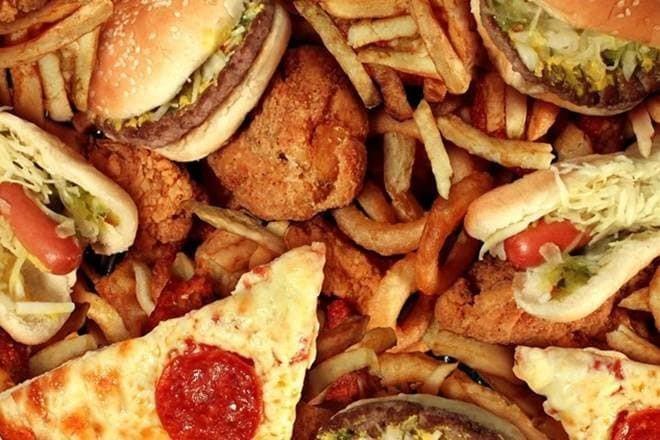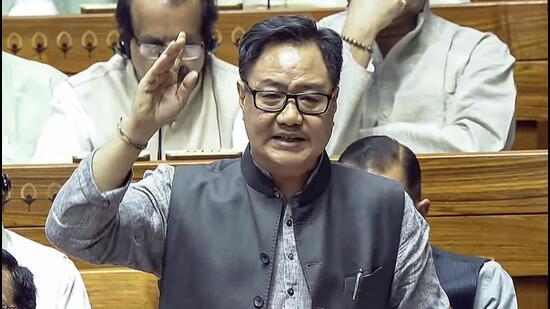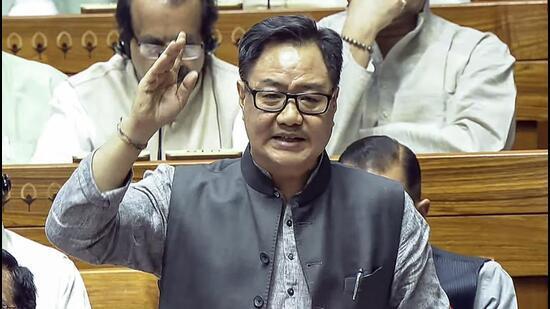
Carbohydrate Craving May Be Due to Depression, Not Hunger: Study
When it comes to our eating habits, most of us are familiar with the feeling of craving certain foods, especially sweet or savory treats. However, a recent study has shed new light on the underlying reasons behind these cravings, particularly among individuals suffering from depression.
According to a study published in the Journal of Clinical Psychology, patients with depression, despite having low appetite, tend to crave carbohydrate-rich foods. This craving is not driven by hunger, but rather by the emotional and psychological aspects of depression.
The study, which analyzed data from over 300 patients with depression, found that carbohydrate cravings are more closely linked to the overall severity of depression, particularly anxiety. Researchers believe that this is because carbohydrates provide a “feel-good factor” by stimulating the brain’s reward system, specifically the limbic system, which releases dopamine.
Dopamine is often referred to as the “pleasure chemical” because it plays a crucial role in regulating our mood, motivation, and pleasure responses. When we consume carbohydrates, our brain releases dopamine, which can lead to feelings of satisfaction, relaxation, and even euphoria.
So, why do people with depression crave carbohydrates specifically? The answer lies in the brain’s response to stress and anxiety. When we’re under stress, our body releases cortisol, a hormone that triggers the release of glucose, a simple sugar, into our bloodstream. This surge of glucose can lead to a rapid increase in blood sugar levels, which can be addictive and pleasurable.
For individuals with depression, this stress response can be amplified, leading to an intense craving for carbohydrates. This is because carbohydrates are quickly converted into glucose, providing a rapid source of energy and a sense of relief from the anxiety and stress associated with depression.
The study’s findings have significant implications for the treatment of depression and the development of effective diet therapies. Traditionally, dietary advice for individuals with depression has focused on increasing protein and fiber intake, with the goal of improving overall nutrition and mental health.
However, this study suggests that a more nuanced approach may be necessary. By acknowledging the emotional and psychological aspects of carbohydrate cravings, healthcare providers may be able to develop more targeted and effective treatment plans.
For example, cognitive-behavioral therapy (CBT) can help individuals identify and challenge negative thought patterns and emotional triggers that contribute to carbohydrate cravings. Additionally, mindfulness-based interventions can teach individuals to recognize and manage stress and anxiety, reducing the need for carbohydrates as a coping mechanism.
Furthermore, the study’s findings highlight the importance of addressing anxiety and stress in the treatment of depression. By targeting these underlying factors, healthcare providers may be able to improve treatment outcomes and reduce the risk of relapse.
In conclusion, the relationship between carbohydrate craving and depression is complex and multifaceted. While carbohydrates may provide a temporary sense of relief and pleasure, they are ultimately a short-term solution to the underlying emotional and psychological distress associated with depression.
As we continue to learn more about the mechanisms underlying carbohydrate craving and depression, it’s clear that a comprehensive approach to treatment will be necessary. By combining traditional therapies with targeted dietary interventions and stress management techniques, we can work towards developing more effective and sustainable treatment plans for individuals struggling with depression.
Source:






